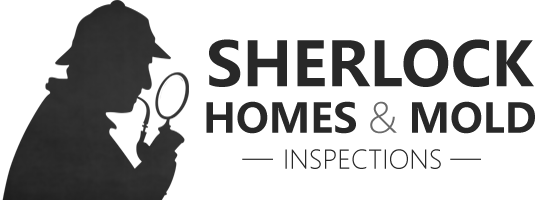Mycotoxicosis, or “mold poisoning,” can affect the upper respiratory system with symptoms like those of a cold or flu. Additional symptoms brought on by mycotoxins are especially harmful or even fatal to someone with allergies or asthma.
Common mold poisoning symptoms for those without a respiratory condition include:
- coughing
- wheezing
- nose stuffiness
- itchy or red eyes
- itchy skin
If you have allergies or asthma, you may experience more severe forms of these symptoms or have other serious symptoms, such as:
- headaches
- feeling exhausted
- frequent coughing, especially at night
- sinusitis
- allergic reactions
- chest colds
- fever
- difficulty breathing
Long-term mold exposure, even if it doesn’t cause immediate symptoms, may also lead to:
- losing your hair
- anxiety
- confusion or memory loss
- numbness in hands and feet
- stomach pains
- sensitivity to light
- gaining weight for no reason
- muscle cramps
Mold exposure can cause severe symptoms if you have any of the following conditions:
- seasonal or chronic allergies
- a mold-specific allergy
- asthma
- cystic fibrosis
- weakened immune system
- chronic obstructive pulmonary disorder (COPD)
- immunodeficiency disorders
Mold exposure can be harmful to anyone but especially so to young children. A 2012 study of 36 species of molds in 289 homes with 8-month-old infants found that infants and young children exposed to mold may be more likely to develop asthma later in life.
Mold poisoning can’t always be diagnosed by symptoms alone. Blood tests, allergy tests, and assessments of mold levels in your home may all be needed to specifically diagnose mold-related illness.
To test for mold poisoning or allergies, your doctor may perform one of these tests:
- Blood test. Your doctor takes a blood sample and sends it to a testing laboratory to test for the reaction of certain antibodies in your immune system to different mold species, including black mold. This can help diagnose both mold allergies and more severe reactions to mold that may indicate mold poisoning. A blood test can also check for biotoxins in your blood from mold exposure, which can also reveal mold poisoning.
- Skin prick test. Your doctor takes tiny amounts of mold and applies it to your skin using a tiny needle. Your skin will break out in bumps, a rash, or hives if you’re allergic to that mold species.

Recent Comments